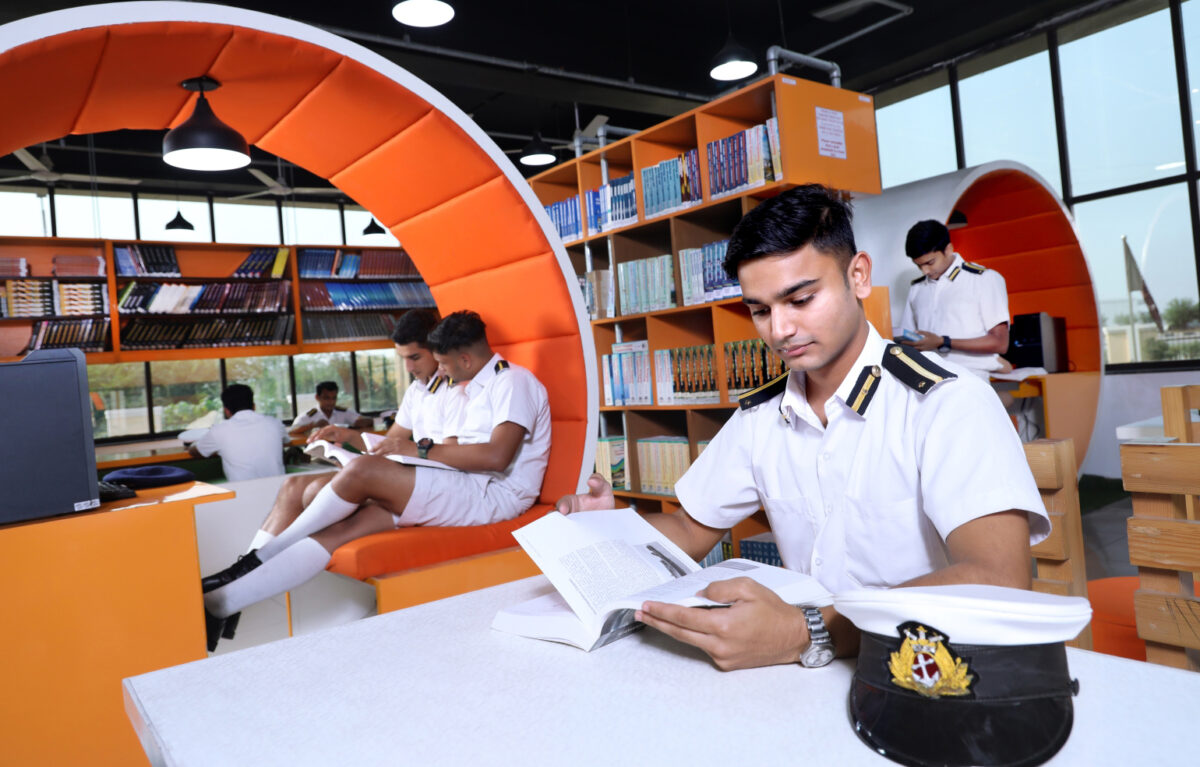To work in any capacity onboard a vessel, you must have specific personality qualities and natural skills in addition to academic and theoretical qualifications that you can attain after pursuing a course in B.Sc. Nautical Sciences. The following are the minimum criteria for a captain and other high-ranking nautical positions.
Theoretical and Practical Know-How of Operations –
Public Safety and Security:
You must be familiar with necessary marine equipment, policies, strategies, and processes in order to ensure the protection of any data, persons, institutions, or property at the municipal, state, or national level.
Transportation:
You must understand the methods and concepts for transporting things to people by sea, air, road, or rail, as well as the benefits and costs involved.
Customer and Personal Service:
You must understand the principles and practises for providing exceptional personal customer service, which includes conducting needs assessments, ensuring quality standards, and assessing your employer’s satisfaction.
Administration and Management:
A sea captain, chief engineer, or first mate must be familiar with a variety of business and management principles, such as resource allocation, strategic planning, human resources, leadership skills, various production methods, and adequate resource and people coordination.
Education and Training:
You must understand the methods and ideas used in developing a training curriculum, as well as the design, teaching, and instruction of individuals and groups, as well as the measurement of these specialised marine training methods.
Telecommunications:
You must be familiar with the broadcasting, transmission, switching, control, and operation of any maritime or land-based telecommunications systems.
Geography:
Knowing the methods and principles behind the physical properties, interrelationships, locations, and distribution of sea, land, and air masses, as well as some plants, animal life, and human life, is required for sea travel.
Personnel and Human Resources:
You should be familiar with the various procedures and concepts for crew training, recruiting and selection, compensation and benefits, labour negotiations and relations, and information systems.
Mechanical:
You should be familiar with all tools and machines that could be utilised on board, as well as how they are developed, operated, repaired, and maintained.
Onboard Skills and Abilities:
When working aboard a ship, you must possess a wide range of abilities in order to ensure the safety of everyone on board. To apply for marine employment, you’ll need to have the following skills and abilities: Active listening, operation and control, operation monitoring, coordination, instructing and teaching, social perceptiveness, critical thinking, time management, oral expression, oral comprehension, far vision, problem sensitivity, depth perception, speech clarity, control precision, selective attention, spatial orientation, and deductive reasoning are just a few of the skills required.
Maintaining the Decorum and Work Ethic:
Your work style will have an influence on your employment and how far you advance as a seafarer. Dependability, honesty, leadership, stress tolerance, attention to detail, self-control and calm, initiative, responsibility, independence, tenacity, and being adaptive and flexible are the core work ethics required for any profession at sea.
Another consideration when applying for nautical employment is how prepared you are to live and work at sea for periods of time, often months at a time. Here are some pointers to help you figure out what you need to do:
- You can survive on very little. You’ll have limited supplies and resources on board, so you’ll have to be content with just a few essentials and few luxuries.
- Make sure you’re physically capable of performing this physically demanding work. You must be physically healthy enough to tolerate long shifts at sea, difficult everyday tasks, and be prepared in the event of an emergency to protect your safety and that of your fellow crew members and passengers.
- You must work well with others. You’ll be working with folks you’ve never met before and who may be from various nations. You must always be nice and approachable, as well as work as a team.
You must be willing to learn on the job at all times, as the best skills and work ethics are learned at sea. This experience will either help you to advance to the next level in your marine career or ensure that your current profession is sustainable.
How Pursuing B.SC Nautical Sciences at Chitkara University helps?
B.Sc Nautical Science at Chitkara University follows the curriculum established by DG Shipping in accordance with the IMO’s STCW Course. In addition to providing academic knowledge, the programme emphasises hands-on training for skill development in order to prepare each trainee to operate as a Junior Deck Officer on Merchant Ships. At the same time, navigation and ship handling is a stimulating career since it allows you to travel the world, work with multinational businesses, and experience a variety of adventures and advanced technologies.
Conclusion:
The most efficient form of moving commodities has always been ships.
Despite great technological advancements, this reality has not changed over the years. In fact, the marine industry has successfully used technology to become more efficient and hence maintain its competitive advantage over other modes of transportation. With the expansion of global trade, the world fleet has grown to well over 50,000 ships operating the world’s oceans today. Keeping this scope of career growth in mind, B.Sc. Nautical Science is a great way for aspirants to pursue a career in maritime and associated fields.
About Chitkara University
Chitkara University, situated near Chandigarh (India) has emerged as the most vibrant and high-ranking university in North India which has been ranked A+ by the NAAC. With state-of-the-art infrastructure, scientifically driven pedagogy, strong industry collaborations, and 120+ working associations from schools across the world, Chitkara University not only attracts the finest students from across the nation but with its seamless placement support, it is also able to help them carve high growth careers.
For more information, visit: Chitkara University


